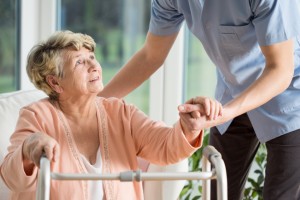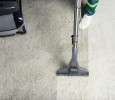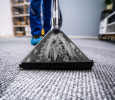Senior Caregiving: The Power of Touch
Filed under: Senior Services
The lifestyle changes associated with aging can often make a person feel secluded and alone, especially because the interaction with other people often goes down. Loneliness and depression often go hand-in-hand, and senior care professionals are looking for ways to support the patients in order to avoid some of these common problems.
Comforting Elderly Patients
There are different methods that can be used to comfort an elderly patient, and the power of touch is one that should not be overlooked. Some caregiving facilities incorporate small, comforting methods of touch to help the patient feel at ease. These practices are usually as simple as tucking the person into bed or holding their hand.
Research has shown that there are many positive benefits of touch, especially for aging adults. Humans are hardwired to receive and give touch, and there are important benefits that can be gained from these interactions. In fact, touch triggers the brain to release endorphins, oxytocin, and serotonin, which has a domino effective to reduce stress hormones and improve happiness.
Reducing Illness and Disease
It has also been found that touch can be beneficial to reduce the symptoms and signs of disease. Touch can help to minimize pain, especially when specific massage techniques are used. Massage can reduce Parkinson’s tremors, calm Alzheimer’s disease, prevent bedsores, and help with overall wellness.
Unfortunately, many aging adults are deprived of touch, and this lifestyle change is associated with an increase in anxiety, depression, fatigue, nausea, stress, and pain. When a person is lacking touch, they have a high risk of both physical and mental disease. Touch can help to reduce the symptoms and even prevent some of these common health problems.
For optimal health, it is a good idea to incorporate touch into caregiving. Even though it might seem small to give someone a hug or sit with the patient and hold their hand, it can make a big difference to their health and wellness.
We are dedicated to providing high quality care and service for every patient that we work with. For more information about care techniques for both in-home or residential elder care facilities, contact Rebecca Prouty at Always Best Care: (951) 375-4588











